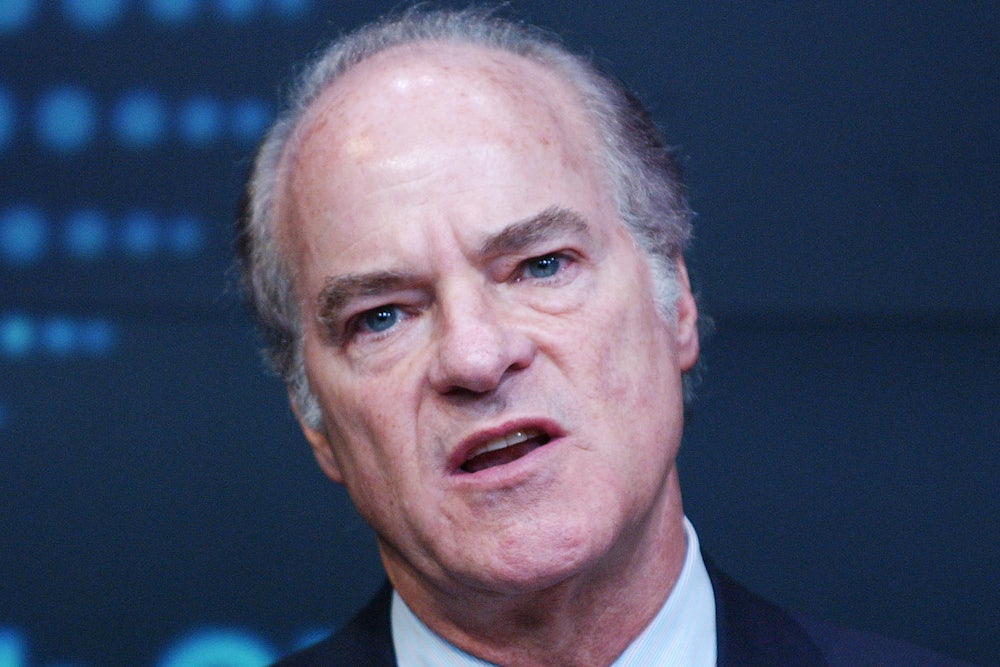In his 2020 article “US HEALTHCARE IN OUR NEOLIBERAL ERA,” public health expert John E. McDonough wrote, “Sometimes we’re like fish in a water-filled tank. Noticing the water can be tough because it’s everywhere. While other societies around the globe have vigorous debate over neoliberal policies in their midst, Americans are mostly unaware. To many, the notion that we still live in the Ronald Reagan era seems bizarre. And yet, here we are.”
It was indeed during Reagan’s presidency that the economic philosophy of neoliberalism, which had made initial inroads into American political and economic life during the 1970s, came to full flower, though the catchphrase for it became, and for the most part remains, “Reaganomics.” The simultaneous rise to power in the years 1978–1980 of Reagan in the United States, Margaret Thatcher in Britain, and Deng Xiaoping in China, McDonough points out, made the ascendance of neoliberalism a worldwide phenomenon, which it remains to this day.
The doctrine of neoliberalism originated in the Austrian School of Economics after World War II, under the leadership of Friedrich Hayek, who subsequently transmitted it to his American disciple Milton Friedman. Neoliberal economic theory held that government functions should be pared down to the most minimal level possible and replaced by the more efficient mechanisms of the capital markets. It was hostile to social welfare programs of all kinds, something that endeared it to the American right wing, which had long been searching for a way to undo Franklin Roosevelt’s New Deal. One of its cardinal tenets held that economic inequality is a price necessary to pay for the possession of individual liberty.
What drew McDonough’s attention to this subject was his discovery that while spending on health care in the United States rose dramatically in the years 1980–2018, to just shy of 17 percent of GDP, the highest level in the industrialized world, the U.S. health care system performed worse than those of most other high-income nations. In some categories—life expectancy, infant and maternal mortality, and chronic disease mortality—it was the very worst. “Not a pretty 40-year track record, in spite of oversized capital investments and world-class salaries and profits,” McDonough commented.
In her article “COMING SOON TO A PHYSICIAN NEAR YOU: MEDICAL NEOLIBERALISM AND PHARMACEUTICAL CLINICAL TRIALS,” social medicine scholar Jill A. Fisher explains that medical neoliberalism is most clearly associated with two major changes in health care since the 1970s: managed care and direct-to-consumer advertising. Reagan, in response to the rising medical costs, and on the assumption that the Medicare system was close to a breaking point, introduced managed care as a means of reducing government health care spending. After its implementation, the Medicare model became the leading form of health insurance in the private sector. The changed form of payment for medical services, Fisher writes, undermined the authority of physicians, who under managed care had to follow the rules of medical diagnostics and treatment established by insurance companies. Managed care also played a role, she thinks, in what she calls the “commodification of health care.” She explains that “medicine became less of a social good and more of a commodity to which individual patients have differential degrees of access.” She frowns on Big Pharma’s clinical trials, which exploit indigent volunteers for purposes that can never benefit them.
The Food and Drug Administration also made a radical policy change, linked to medical neoliberalism, regarding health care. In 1997, the FDA declared that pharmaceutical companies could sell their products to the public through “direct-to-consumer” advertising rather than being limited to drugstore outlets. Fisher explains that neoliberal discourses about “patient empowerment” and “the creation of informed consumers” were influential in prompting the FDA’s turnabout on this issue. She also notes that such direct-to-consumer advertising is another factor weakening the authority of physicians, since it transfers a high degree of power in this area to pharmaceutical companies. As examples, she cites psychiatric disorders such as anxiety and depression, which are increasingly addressed not as problems existing “in the contextual lives of individuals” but as diseases of the brain that can be addressed purely through chemical means.
Fisher is concerned about the neoliberal commodification of health from two different angles. In the first place, she objects to it on the grounds that it transforms individuals from patients into consumers, who must then bear responsibility for the choices they make. The burden falls on them, rather than the attending physician. Secondly, she argues that the process of making health care a commodity ends up commodifying the body itself: It fragments the body by focusing on specific problem areas while eschewing a more holistic approach, which can lead to an emphasis on enhancing the body to the neglect of its actual health.
In her book Ethically Challenged: Private Equity Storms US Healthcare, political scientist Laura Katz Olson associates the commodification of U.S. health care with private equity, whose approach to investing she finds congruent with neoliberal theory, despite the contradiction that health care is not actually a free market. In fact, she contends, the very nature of commercial medicine constitutes a market failure that private equity exploits and worsens by commodifying health care when it purchases a specialty medical practice and puts a nonmedical person in charge, threatening the authority of physicians over their patients. It also commodifies health care when it executes a leveraged buyout that imposes on a medical entity an amount of debt that can only be retired by ruthless cost cutting. When Henry Kravis’s KKR took Envision Healthcare’s American Medical Response division private, it placed on it $2.4 billion in liabilities.
According to sociologist Vicente Navarro, the advanced countries faring the worst in combating Covid-19 are those where neoliberal principles promoting the commercialization of medicine have taken the deepest hold. Americans should note the pernicious ideological waters in which they currently swim.






